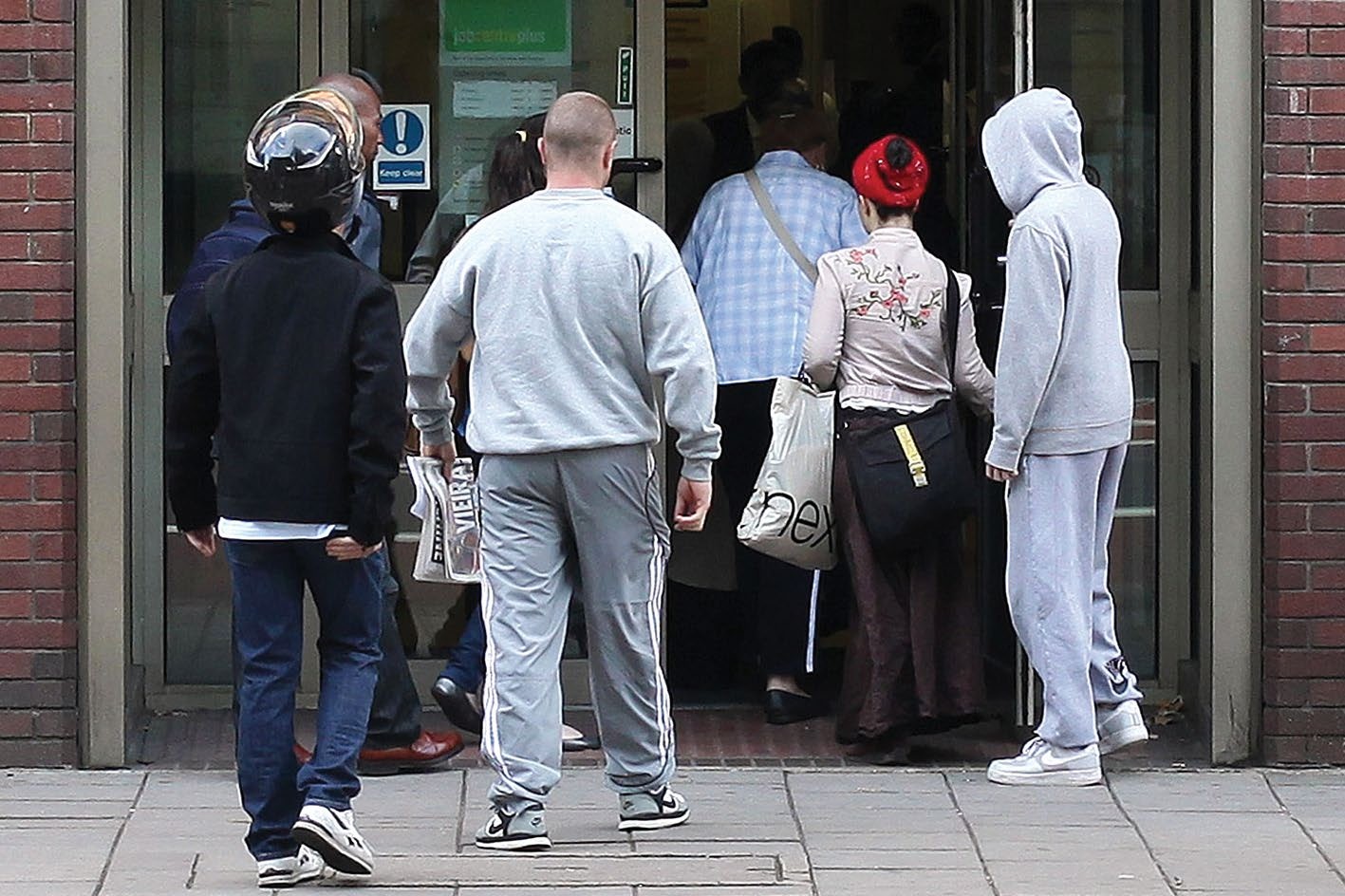Get the latest financial news, insights and expert analysis from our award-winning MoneyWeek team, to help you understand what really matters when it comes to your finances.
You are now subscribed
Your newsletter sign-up was successful
Want to add more newsletters?

Professor Niall Ferguson of Harvard University says he "was all but pelted with bread rolls" in 2006 for warning that the world could end up like Japan: "fending off deflation with monetary and fiscal expedients" amid stagnating growth. And given that he was right about the last crisis, it bodes ill that he now reckons "there is a lot about the present time that is reminiscent of those pre-crisis days". Every asset class has soared. In most housing markets, inflation-adjusted home prices are above their pre-crisis highs. Meanwhile, shares in Facebook, Amazon, Netflix and Google are up between 30% and 60%; bitcoin has risen sevenfold in 2017.
There are now four main reasons to worry. First, "the monetary policy party is drawing to a close" as the US Federal Reserve and the Bank of England raise interest rates and global credit growth slows.
Second, "we are at a demographic inflection point" as "the ratio of workers to consumers has peaked". Wages and inflation should therefore rise. Both of these trends "lead to the conclusion that the end of the 35-year bond bull market is nigh". As a result, "bonds will sell off; long-term rates will rise". If inflation doesn't rise in tandem, however, "highly indebted entities" will face a nasty squeeze; he is concerned about China and Canada in this context.
Try 6 free issues of MoneyWeek today
Get unparalleled financial insight, analysis and expert opinion you can profit from.

Sign up to Money Morning
Don't miss the latest investment and personal finances news, market analysis, plus money-saving tips with our free twice-daily newsletter
Don't miss the latest investment and personal finances news, market analysis, plus money-saving tips with our free twice-daily newsletter
Third, note too that "a networked world whose biggest companies are dedicated to reducing the cost of everything is structurally deflationary". Finally, the vast supply of shale oil militates against an inflationary oil shock. No two crises are the same, but there will be another one for sure and this time, says Ferguson, "mark my words".
Get the latest financial news, insights and expert analysis from our award-winning MoneyWeek team, to help you understand what really matters when it comes to your finances.
MoneyWeek is written by a team of experienced and award-winning journalists, plus expert columnists. As well as daily digital news and features, MoneyWeek also publishes a weekly magazine, covering investing and personal finance. From share tips, pensions, gold to practical investment tips - we provide a round-up to help you make money and keep it.
-
 Hints of private credit crisis rattle investors
Hints of private credit crisis rattle investorsThere are similarities to 2007 in private credit. Investors shouldn’t panic, but they should be alert to the possibility of a crash.
-
 Financial education: how to teach children about money
Financial education: how to teach children about moneyFinancial education was added to the national curriculum more than a decade ago, but it doesn’t seem to have done much good. It’s time to take back control
-
 The scourge of youth unemployment in Britain
The scourge of youth unemployment in BritainYouth unemployment in Britain is the worst it’s been for more than a decade. Something dramatic seems to have changed in the labour markets. What is it?
-
 How a dovish Federal Reserve could affect you
How a dovish Federal Reserve could affect youTrump’s pick for the US Federal Reserve is not so much of a yes-man as his rival, but interest rates will still come down quickly, says Cris Sholto Heaton
-
 New Federal Reserve chair Kevin Warsh has his work cut out
New Federal Reserve chair Kevin Warsh has his work cut outOpinion Kevin Warsh must make it clear that he, not Trump, is in charge at the Fed. If he doesn't, the US dollar and Treasury bills sell-off will start all over again
-
 'Investors should brace for Trump’s great inflation'
'Investors should brace for Trump’s great inflation'Opinion Donald Trump's actions against Federal Reserve chair Jerome Powell will likely stoke rising prices. Investors should prepare for the worst, says Matthew Lynn
-
 Why Scotland's proposed government bonds are a terrible investment
Why Scotland's proposed government bonds are a terrible investmentOpinion Politicians in Scotland pushing for “kilts” think it will strengthen the case for independence and boost financial credibility. It's more likely to backfire
-
 How have central banks evolved in the last century – and are they still fit for purpose?
How have central banks evolved in the last century – and are they still fit for purpose?The rise to power and dominance of the central banks has been a key theme in MoneyWeek in its 25 years. Has their rule been benign?
-
 UK to have highest inflation among advanced economies this year and next, says IMF
UK to have highest inflation among advanced economies this year and next, says IMFThe International Monetary Fund (IMF) says it expects inflation to remain high in the UK, while lowering economic growth forecasts for 2026.
-
 Is Britain heading for a big debt crisis?
Is Britain heading for a big debt crisis?Opinion Things are not yet as bad as some reports have claimed. But they sure aren’t rosy either, says Julian Jessop

